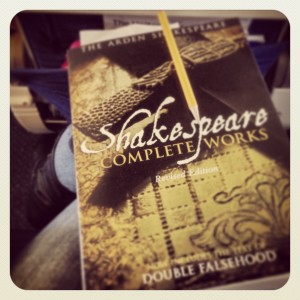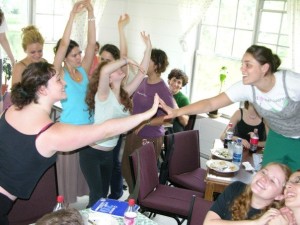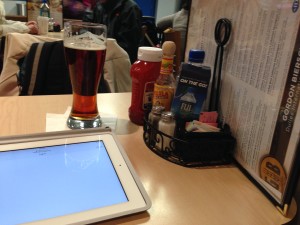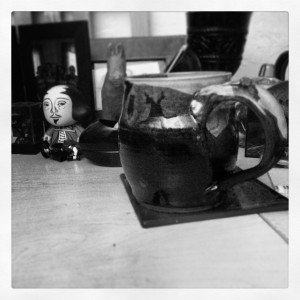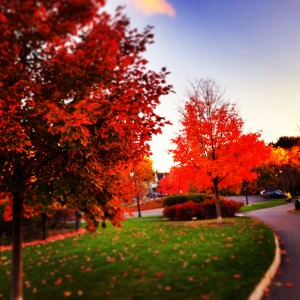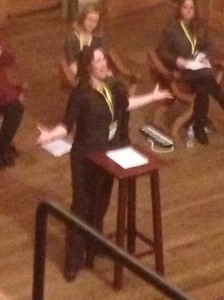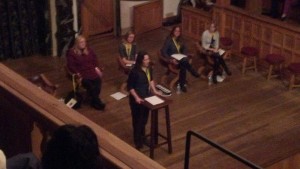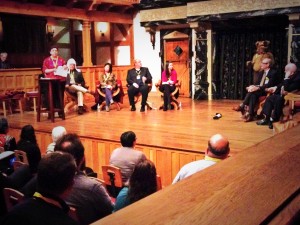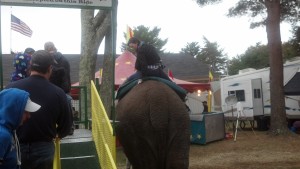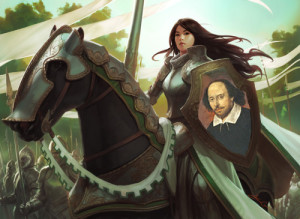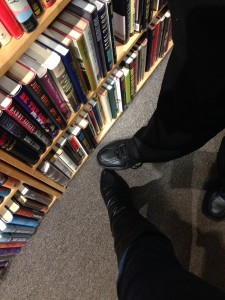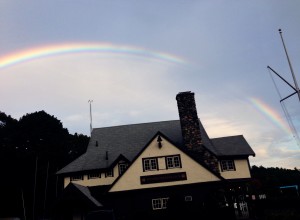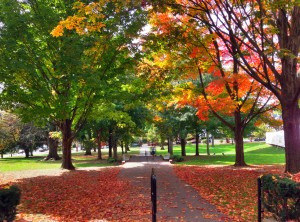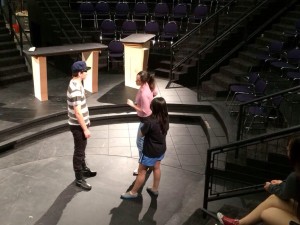As a child of the computer age, I have been extremely fortunate in that many useful skills have come naturally to me. Among these are social media skills; twitter, blogging, facebook utilization, keeping connected with my fellow man via technology and using these connections to expand my network in person.
But I know that I’m one of the lucky ones. I actively work with (and have in the past worked with) both organizations (large and small) and individuals who don’t understand how to properly harness and utilize the full functionality of these tools. Because of my experience, I’ve had the opportunity to explain these things to these powers/people and to demonstrate, through example, how social media can work in their favor.
You do this long enough and you begin to see some trends. This combined with some recent incidents in my personal life have spurred me to action. It’s come to my attention that perhaps the internet should come with a how-to guide. Things which seem like common understanding are not always all that common.
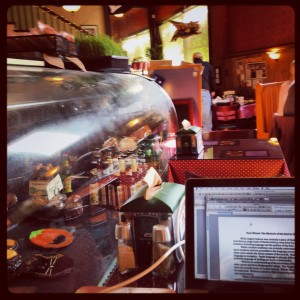
Posting things on the internet can be like letting someone read your work over your shoulder; be careful what’s on your screen.
So I’ve decided to pen this series on how to better manage your social media and general internet presence.
Let’s start with the disclaimer and the most basic rule of the internet: the internet is a public forum. No matter how private you think something may be, posting it on the internet in any form is akin to waving it from atop a billboard in Times Square. Once it’s out there, consider it permanent. Unless you have a very thorough understanding of the privacy options available to you (and the methods utilized by search engines when crawling for content), you really can’t know what might or might not make it back to what eyes. Even if you can’t think of current personal stakes, consider this: often times, a google search is part of a job interview. Do you really want to jeopardize your career for the sake of a series of questionable photographs which seemed so cool and soooo important for your friends to see in one blissfully irreverent moment? Before you post: think.
Here are some things that it is never under any circumstances appropriate to post: complaints about your boss/co-workers (talk about an HR nightmare), information about yourself or your personal life that you wouldn’t be comfortable sharing in a roomful of strangers (some of whom may, at some point, be interviewing you for a job), passive-aggressive notes to people actually involved in your life (particularly: significant others, room-mates, coworkers, bosses), serious threats (I’ve certainly been known to twitter-bash starbux line-cutter guy, but since tone doesn’t convey itself well over the internet, you need to be careful about this; stick to innocuous things and life situations relatable to a general audience).
My basic rule is this: if I wouldn’t be comfortable with something being brought up at a job interview, it doesn’t go on the internet.
In the interest of keeping my posts here digestible, I’m going to break things down a bit. Now that I’ve outlined the stakes of the issue, stay tuned for posts on the various social networking platforms and how they can be used, developing an internet persona, and further discussion of the internet and you.

